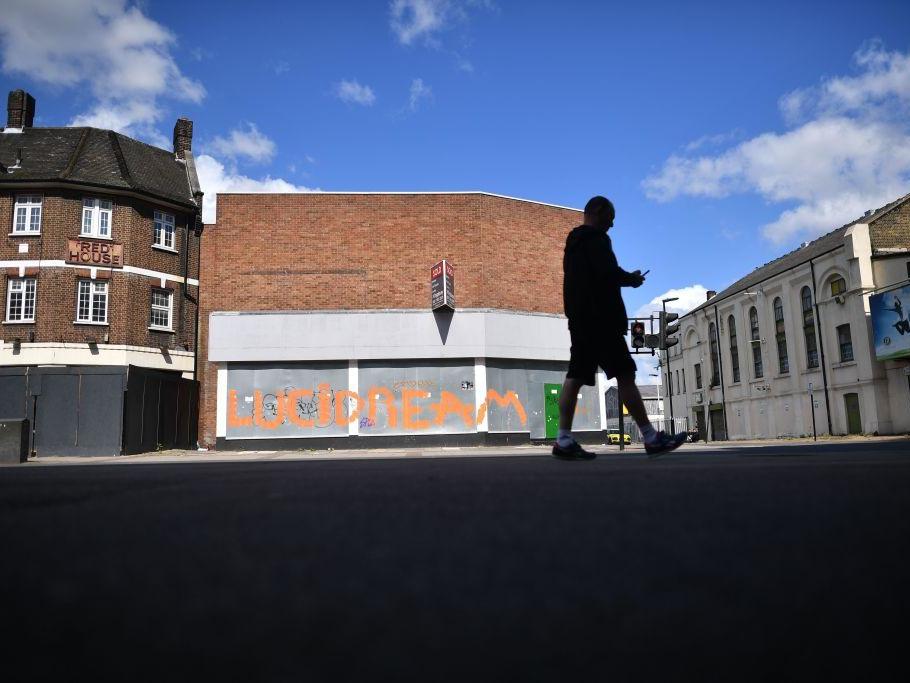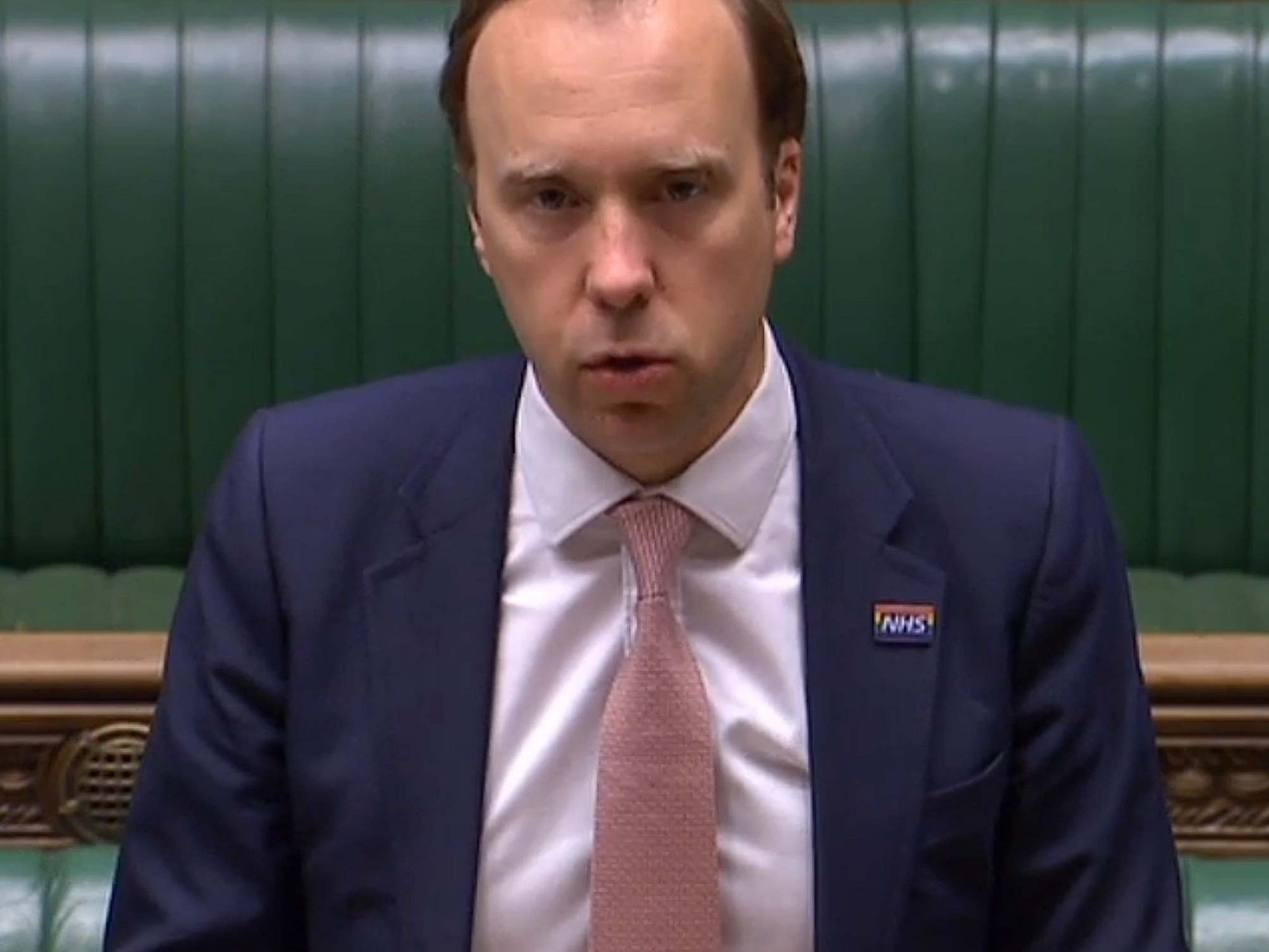Coronavirus: Government’s contact tracing app could ‘exacerbate health inequalities’
Fears people in deprived communities could be ‘left behind’ when the app is fully rolled out across the UK

Only half of manual workers, the unemployed and state pensioners say they will download the government’s contact tracing app, according to a new survey, sparking fresh concerns that the system could exacerbate health inequalities.
A study of 2,000 Britons showed that those in managerial, professional or administrative jobs were far more likely to use the app (73 per cent), prompting health officials to warn that deprived communities could be “left behind” when the digital platform is fully rolled out across the UK.
Almost three-quarters (71 per cent) of those with university degrees said they would download the app, according to a poll by the Health Foundation think tank. This fell to 63 per cent for those with A-levels only, and 59 per cent among people who had obtained GCSEs or equivalent.
Less than a third of people (38 per cent) with no formal qualifications said they would use the contact tracing app.
Adam Steventon, director of data analytics at the Health Foundation, said: “The NHS contact tracing app could play a critical role in the fight against Covid-19, expanding the number of people who are traced and speeding up the process.
“With a virus that is transmitted as quickly as coronavirus, this kind of instant contact tracing could prove invaluable.
“But there’s a significant risk that many will be left behind. The impact of Covid-19 is already being felt unequally across society and appears to be having a disproportionate impact on people living in more deprived areas, older people, and some ethnic minorities."
Mr Steventon said it was vital that the government ensured that those who did not have access to the app were prioritised in the wider test and trace system.
He added: “It’s especially concerning that people in lower paid jobs and those with less formal education say they are less likely to download and use the app, and of course not everyone has a smartphone.
“NHSX must ensure that the benefits of the app are experienced by the communities who need these the most, while ensuring that the potential negative consequences of the app, such as false alerts, do not fall on those least able to withstand them.

“It is also vital that those who do not have access to the app, are protected as a priority by the government’s wider test and trace system and that a more comprehensive strategy to tackle health inequalities is put in place.”
It comes after the government on Tuesday published its review into coronavirus deaths, which found that mortality rates in the most deprived areas of the country were “more than double the least deprived areas, for both males and females”.
The disparity was higher than that seen in deaths from all causes between 2014 and 2018, the review added.
Some non-white people were twice as likely to die after contracting the novel virus when compared with their white compatriots.
In a statement to the Commons on Tuesday, health secretary Matt Hancock said: “This is very timely work. People are understandably angry about injustices and as health secretary I feel a deep responsibility because this pandemic has exposed huge disparities in the health of our nation.
“It is very clear that some people are significantly more vulnerable to Covid-19 and this is something I’m determined to understand in full and take action to address.”
Shadow health secretary Jonathan Ashworth said that the findings outlined by Mr Hancock confirmed that the virus “thrives on inequalities”.
He told MPs: “We’ve always known that there was a social gradient in health – the poorest and most deprived have inequality in access to health care and an inequality in health outcomes.
“What (Mr Hancock) has confirmed today is that Covid thrives on inequalities. Yes indeed, black lives matter but it is surely a call to action that black, Asian and minority ethnic people are more likely to die from Covid and more likely to be admitted to intensive care from Covid.”
Join our commenting forum
Join thought-provoking conversations, follow other Independent readers and see their replies
Comments